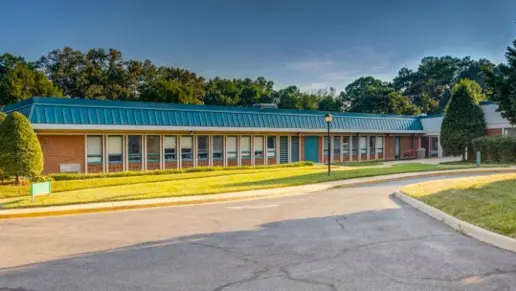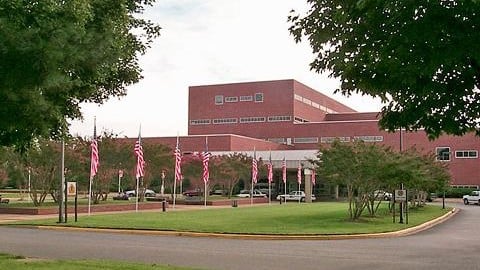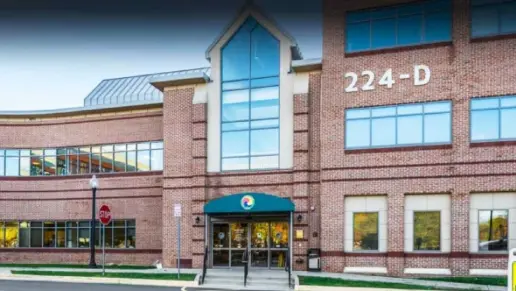Everything posted on this site about the clinical help you receive there is a lie. In the two years I was a staff member there, there were no group studies, no class topics based around addiction at all and only several hours of biblical study a week. If you need help DO NOT ...
About Shenandoah Valley Teen Challenge
Shenandoah Valley Teen Challenge is a faith-based drug and alcohol program serving men and women who are 18 or older. Shenandoah Valley Teen Challenge is located in Mount Jackson, Virginia, in the heart of the Shenandoah Valley.
Shenandoah Valley Teen Challenge aims to provide youth, adults, and families with an effective and comprehensive Christian faith-based solution to life-controlling drug and alcohol problems in order to become production members of society.
Shenandoah Valley Teen Challenge has a peaceful mountain-top campus, tucked away in the Blue Ridge Mountains so their students can focus on healing. Shenandoah Valley Teen Challenge is a part of the Teen Challenge USA network; offering the largest network of long-term holistic recovery programs in the USA!
Rehab Score
Gallery
Other Forms of Payment
Self-pay involves paying for treatment out of your own pocket. You can use savings or credit, get a personal loan, or receive help from family and friends to fund your treatment. If you don't have insurance or your insurance plan doesn't cover a specific program, self-pay can help ensure you still get the care you need.
Addiction Treatments
Levels of Care
Treatments
The goal of treatment for alcoholism is abstinence. Those with poor social support, poor motivation, or psychiatric disorders tend to relapse within a few years of treatment. For these people, success is measured by longer periods of abstinence, reduced use of alcohol, better health, and improved social functioning. Recovery and Maintenance are usually based on 12 step programs and AA meetings.
When you enroll in drug rehab in Virginia, a treatment plan is designed by professional staff in order to help you overcome drug addiction and modify addictive behaviors. This may include evidence-based treatments, group and individual therapy, and relapse prevention.
Opioid rehabs specialize in supporting those recovering from opioid addiction. They treat those suffering from addiction to illegal opioids like heroin, as well as prescription drugs like oxycodone. These centers typically combine both physical as well as mental and emotional support to help stop addiction. Physical support often includes medical detox and subsequent medical support (including medication), and mental support includes in-depth therapy to address the underlying causes of addiction.
Substance rehabs focus on helping individuals recover from substance abuse, including alcohol and drug addiction (both illegal and prescription drugs). They often include the opportunity to engage in both individual as well as group therapy.
Programs


Clinical Services
Research clearly demonstrates that recovery is far more successful and sustainable when loved ones like family members participate in rehab and substance abuse treatment. Genetic factors may be at play when it comes to drug and alcohol addiction, as well as mental health issues. Family dynamics often play a critical role in addiction triggers, and if properly educated, family members can be a strong source of support when it comes to rehabilitation.
Group therapy is any therapeutic work that happens in a group (not one-on-one). There are a number of different group therapy modalities, including support groups, experiential therapy, psycho-education, and more. Group therapy involves treatment as well as processing interaction between group members.
In individual therapy, a patient meets one-on-one with a trained psychologist or counselor. Therapy is a pivotal part of effective substance abuse treatment, as it often covers root causes of addiction, including challenges faced by the patient in their social, family, and work/school life.
Life skills trainings involve all the skills a person must have in order to function successfully in the world. These include time management, career guidance, money management, and effective communication. Truly successful addiction recovery is based on the ability to not only live substance-free, but to thrive. Life skills teaches the practical necessities of functioning in society, which sets clients up for success in life, and therefore sobriety.
Amenities
-
Private Setting
-
Mountain Views
Staff
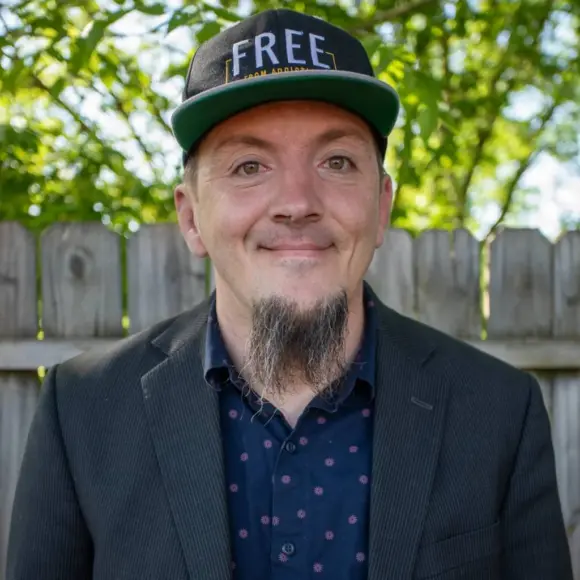
Executive Director
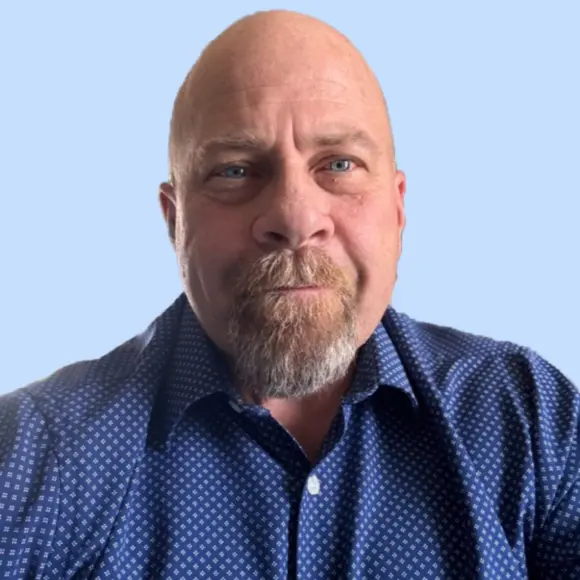
Program Manager
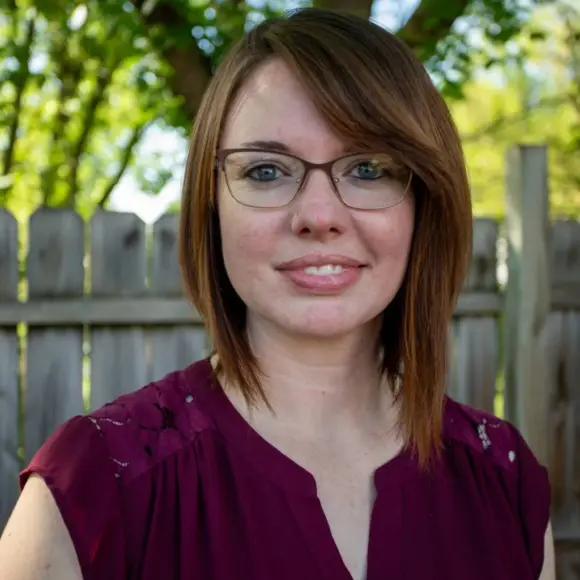
Executive Assistant
Contact Information
280 Sky Chalet Lane
Mount Jackson, VA 22842
